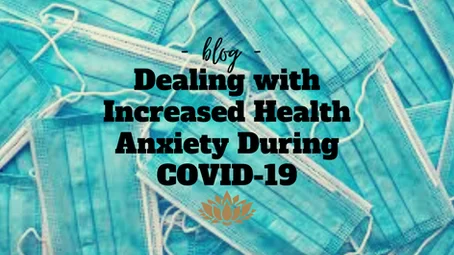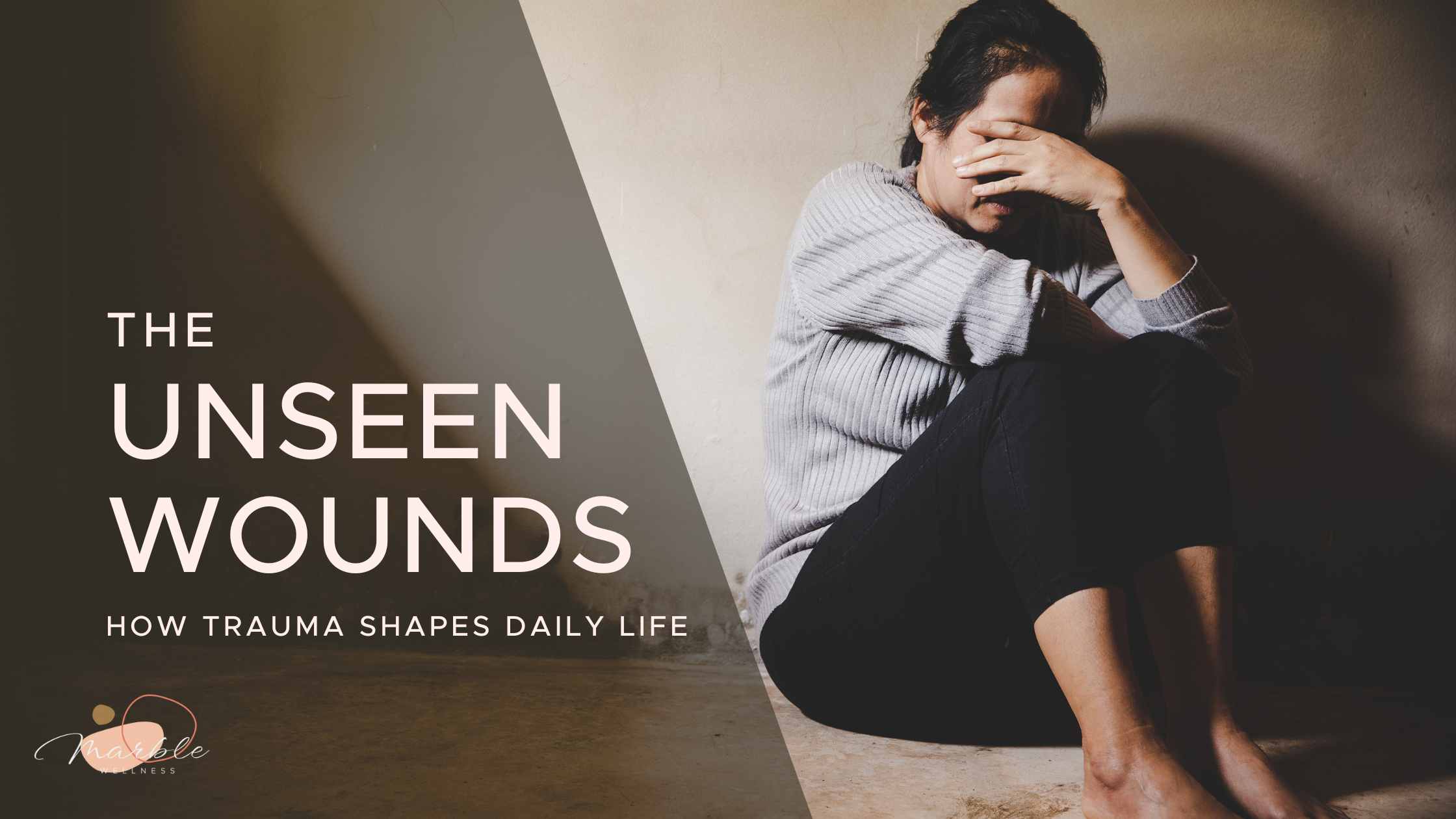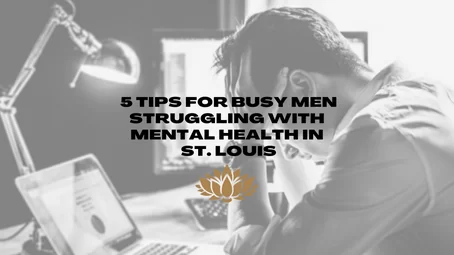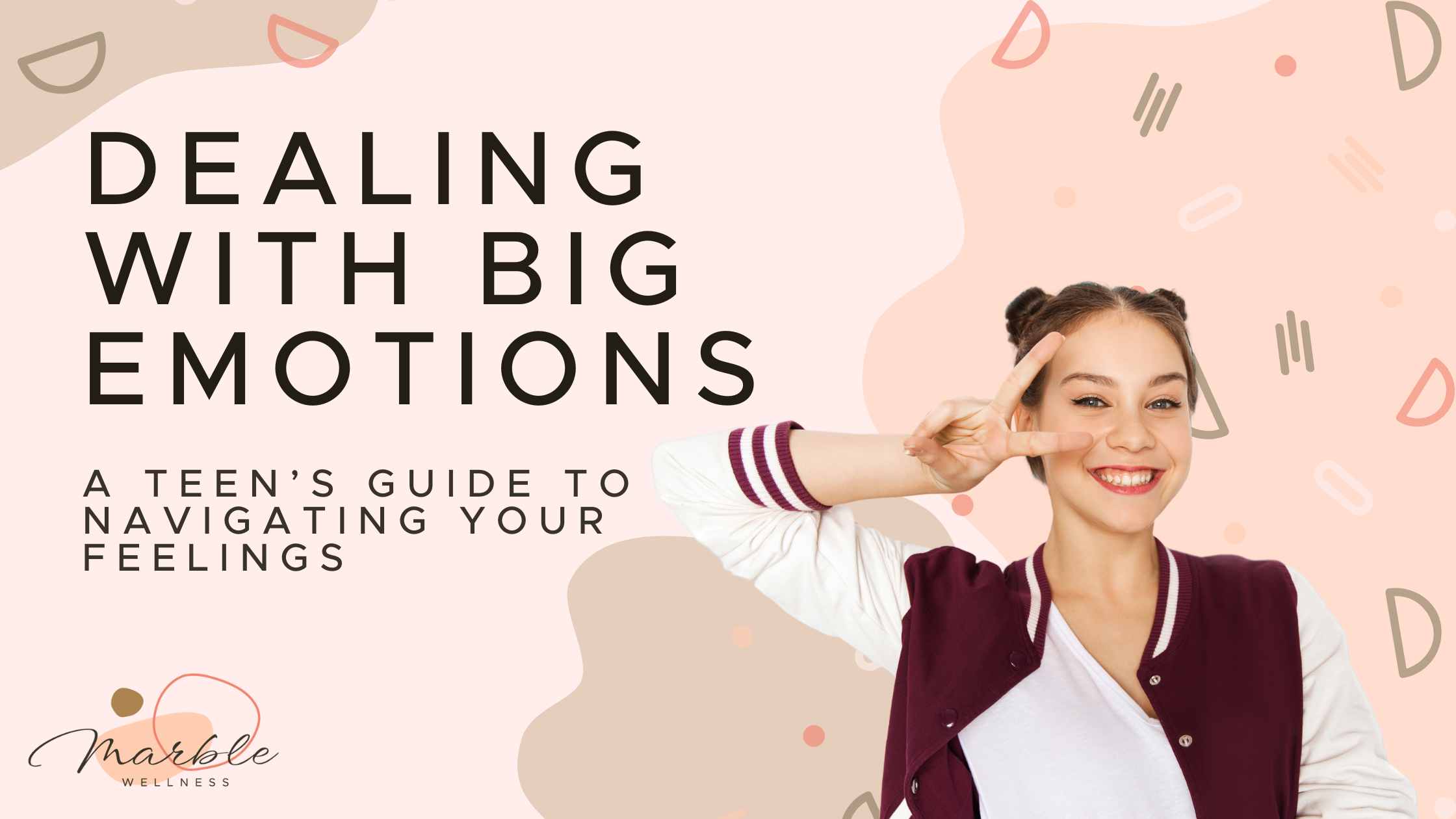You have a cough. A weird ache here or there. Next thing you know, you’re down the Google / WebMD rabbit hole and have diagnosed yourself with a disease that you’ve simultaneously never heard of but also somehow now are an expert in managing.
We’ve all been there.
The ongoing COVID-19 pandemic has brought the unthinkable to our front door. Tempered anxieties are now untamed, pushing at every “button” we have. Each “end in sight” moment – “we’ll just be hanging out at home a few weeks”, the summer reprieve, the vaccine – has brought its own curveball to push the pandemic into extra innings. And if you are already living with a chronic illness, it may seem like too much to handle without hermit-holing it up for another year.
What is one to do when health anxiety, especially health anxiety during COVID-19, seems like it’s ruling your life?
Here are a few ideas that might help.
1. First, let’s call a spade a spade. This pandemic is crazy. You’re not wrong to worry about how contracting COVID may impact your health and family’s wellbeing. You have one body and want to treat it well. Don’t forget that health includes your mental wellness, too. As you manage your health worries, acknowledge that COVID is very real threat, and yet …
2. It’s about balance. Is there any other explanation for a symptom? Is there any other way to view a scenario. Is there a middle ground? A non black-and-white, all-or-nothing take on socializing? Want to get out but also limit risk? Think about the things that make you smile, figure out a safe way to make those happen, and develop alternatives for things you can live without. How can grocery pickup/delivery, eating takeout, and outdoor get togethers make a different for you?

3. Maintain your regular checkups with your Primary Care Physician, OBGYN, or other healthcare provider. These routine visits allow you and the healthcare team you trust to assess your baseline and discuss your worries. Don’t have a PCP, OBGYN, or other provider you like or trust? Call your insurance company to learn who is in-network and get something on the books.

4. Limit media consumption – both mass media and social media. While the pandemic is very real and very serious, the 24/7 news cycle doesn’t allow for a break from the heaviness of it all. Identify the sources you trust and get your information from them. Social media can also break us down in so many ways – false or misleading articles shared without regulation or watching friends behave in ways we deem unsafe can take a toll on us. Need support in this area? Set app limits on your phone or use timers to encourage breaks.
5. Focus on the things you can control, like your own mask wearing, hand washing, and social distancing. You also have some control over the space in which you live (unless you have toddlers – that’s a story for another day!) – make it your safe haven. Right now, think about three things YOU can control:
- _____
- _____
- _____
6. Health anxiety is often higher in people who experience larger amounts of isolation. Isolation can have major impacts on physical and mental health, too, causing changes in your sleep, memory, digestion, heart function, and mood. Consider ways you can connect with others that feel safe to you … Walks or meet-ups at the park? Visits with 1 – 2 friends who are fully vaccinated? Virtual game night with friends? There are more opportunities to connect with others now than ever before – be creative in finding something that works for you.

7. Practice gratitude. We get it – it can sound hokey. Trite. So overdone. It may also make you actually wonder, “how can gratitude make my anxiety less?” Studies suggest that engaging in regular gratitude practice can help decrease pain, increase quality of sleep, and makes change at the neurobiological level, positively impacting the way we experience anxiety and stress. What do you have to lose by setting aside five minutes each day to make a short list of gratitudes?
8. Express it – through words, art, play, exercise, or another medium that works for you. If you experience chronic illness, join a support group specific to the illness you have. And don’t forget that Marble Wellness is here for you. Our experienced clinicians are available to meet with you in-person, virtually, or for walk and talk therapy.
Did we miss anything that you’ve found helpful in dealing with health anxiety, especially healthy anxiety during COVID? We’d love to hear from you if do have something! Feel free to reach out today through our contact form-we’d love to connect or maybe we’ll even make sure to use it in our next newsletter.
Talk to you soon!
Start Therapy for Mental Health in St. Louis
If you live in St. Louis and are ready to improve your mental health, we are here to help.
Contact Us!

Additional Counseling Services at Marble Wellness in St. Louis, MO and Chicago, IL
Counseling services designed to help set you on a path of living a more fulfilled, calm, and happy life.
St. Louis
Our St. Louis team of therapists have a variety of training backgrounds and areas of expertise. We specialize in anxiety, depression, grief, chronic illness, therapy for men, couples, and maternal overwhelm. We can also help new moms with various postpartum concerns, moms in the thick of parenting, and moms with teens. We can also chat from wherever you are in the state with online therapy in Missouri and online therapy in Illinois. No matter where you are in your journey, we would love to support you.
Chicago
Our Chicago team of therapists offer a wide range of mental health services to help our clients through the different challenges and hurdles in their life. In addition to anxiety, depression, grief, therapy for men, and maternal overwhelm, we are specialized in professional burnout, therapy for breakups, and love partnering with working moms.



